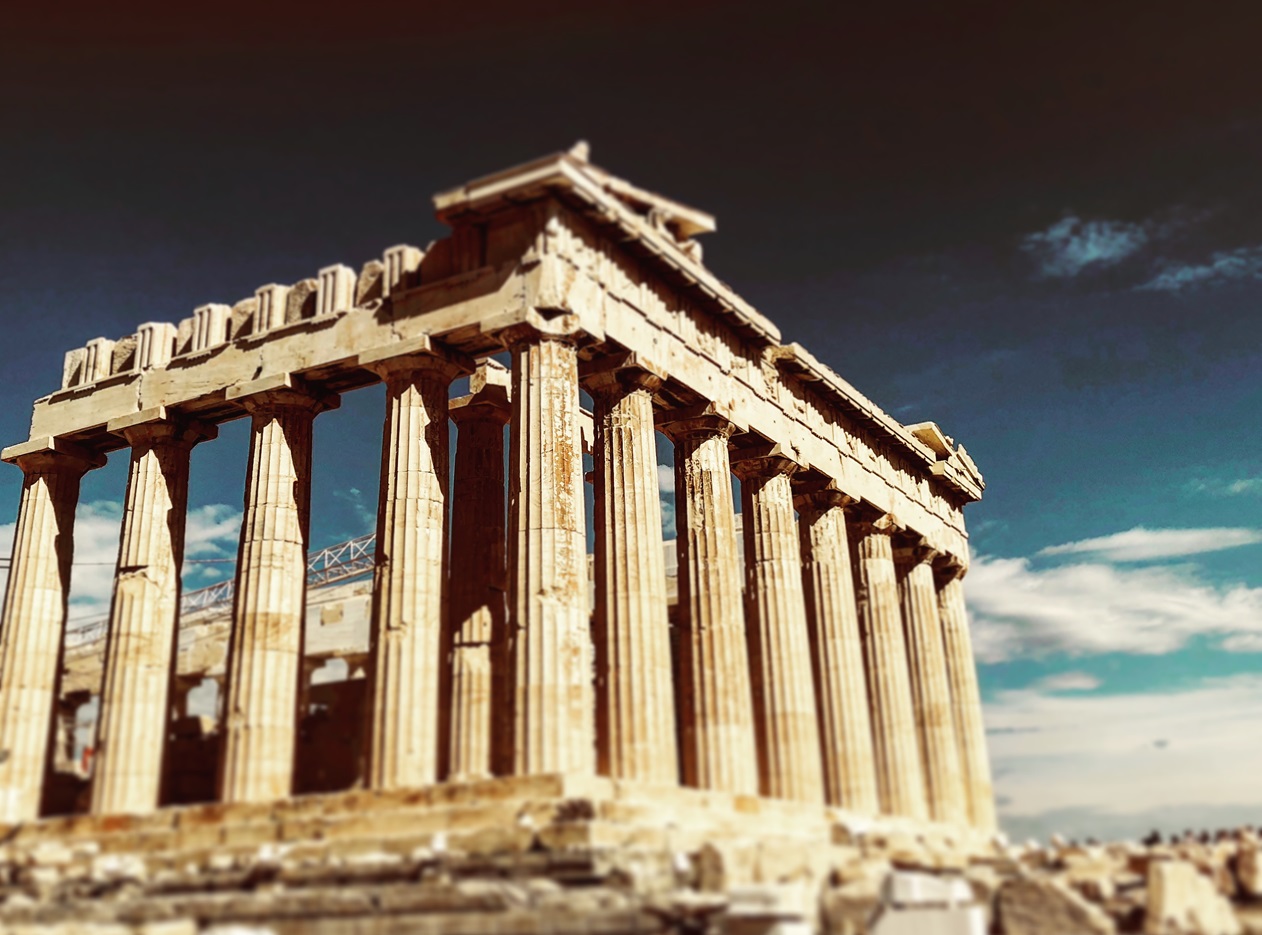(CN) — It's been called Europe's most symbolic and public fight over cultural heritage: Greece wants the Parthenon Marbles in the British Museum to be returned to Athens but British leaders are resisting.
Between Sunday and Tuesday, the fight got even nastier after Greek Prime Minister Kyriakos Mitsotakis made a trip to London with high hopes of making progress on a deal over the marble Parthenon sculptures.
Instead, he infuriated British Prime Minister Rishi Sunak with comments comparing the removal from Athens of Parthenon sculptures by a British lord in the 19th century to cutting the Mona Lisa in half.
By Monday evening, Downing Street announced that a meeting scheduled for Tuesday between the two conservative leaders had been canceled. Mitsotakis left London feeling snubbed.
“I express my annoyance at the fact that the British prime minister canceled our scheduled meeting a few hours before it was due to take place,” he said in a statement Monday. “Anyone who believes his stance is right and just is never afraid of opposing arguments.”
The row over the Parthenon Marbles is long and bitter. It is also a divisive topic among Brits, with polls showing about 60% favor seeing the sculptures returned to Greece.
Between 1801 and 1804, when Greece was under the rule of the Ottoman Empire, Lord Elgin, Britain's ambassador to Istanbul, shipped many marble sculptures that once adorned the 2,500-year-old Parthenon temple on the Acropolis to Britain.
He later sold them to the British Museum in London, where they have remained for more than two centuries.
In his defense, Elgin said he obtained permission to remove the sculptures from Ottoman rulers.
Critics contend this argument is weak because there is no such document in Ottoman records, though a document of the supposed deal has been found translated into Italian. They also accuse Elgin of abusing his position as ambassador to take possession of the sculptures.
Still, the removal of the sculptures took place in plain sight of Ottoman officials and it took a long time for his agents to ship them off, facts that lend credence to Elgin's case that he had permission.
Even in the early 19th century, Elgin's actions were criticized, including by Lord Byron, the famous English poet and supporter of Greek independence. "Elginism" even became a term to refer to the taking of cultural treasures from one country to another.
Following Greece's war of independence from Ottoman rule between 1821 and 1829, Greeks began to call for the return of the sculptures.
The Parthenon sculptures are a collection of marble architectural decorations from the temple of Athena on the Acropolis in ancient Athens. They were made between 447 B.C. and 432 B.C. during the height of ancient Athens’ power.
All together, the sculptures are made up of a frieze showing a procession to honor Athena; sculpted relief panels depicting a battle between centaurs and lapiths; and figures of the gods and legendary heroes from the temple's pediments.
In the past few decades, pressure has grown on the British Museum to return the works. These demands became even more intense as other institutions and governments around the world returned artifacts to their places of origin.
For instance, in 2005 Italy repatriated a huge 1,700-year-old granite obelisk to Ethiopia that had been stolen by Italian troops during the dictatorship of Benito Mussolini.
In 2022, Germany returned 21 precious artifacts known as the Benin bronzes to Nigeria. The bronzes were looted by British soldiers from the former west African kingdom of Benin in 1897 before being sold to German museums.
Discussions about the fate of the Parthenon sculptures picked up in the early 2000s. However, a 2005 ruling by Britain's high court stands in the way of sending the Parthenon sculptures to Greece without changing British law.









